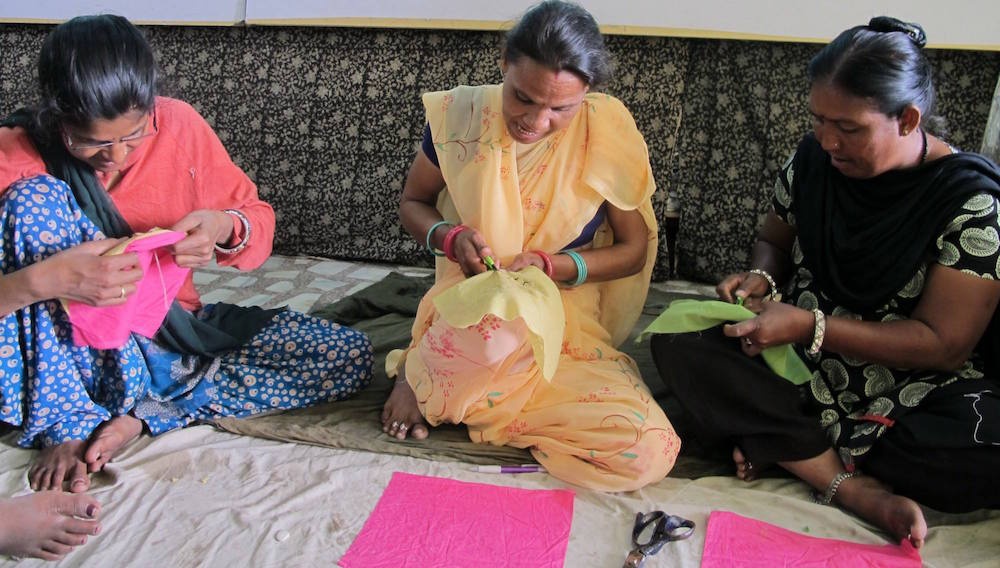What I know about doing good: Shahd Al Shehail

Saudi native Shahd Al Shehail cofounded Project Just during her time in India as an Acumen Global Fellow.
Project Just, an online database for shoppers to source information on the sustainable and ethical practices of clothing brands, is currently incubated at Astrolabs Dubai. It is one of the few social enterprises in the country.
Al Shehail cofounded the business only a year and a half ago with Natalie Grillon, who is also an Acumen Fellow. Though not profitable yet, Project Just has been extensively covered by global media and fashion outlets for its pioneering work.
Al Shehail (below) sat with Wamda to discuss the process of building a social enterprise and whether or not it is actually possible to make money while doing good.
Start with a lot of research. We knew [the problem of sustainability in fashion] needed to be solved, [and] if we could solve it in a meaningful way it would be a problem worth solving from a social and business perspective. You’ve got to get on Skype calls with designers in New York at 2am to understand the supplier chain, tour around India to understand the issues they were having, and talked to users. Anyone that will talk to you, talk to them.
Become obsessed with the problem. We realized that our approach to [making fashion ethical and sustainable] would be shaping our thinking. The idea changed a 100 times, and we’ve revisited it so many times that some early supporters have wondered what we’re doing. We landed on the idea of Project Just after a year of work, research and testing.
Leverage your passion and find a base. We talked to Acumen about how serious we were about the issues. We really believed we had the skill set needed to solve the problem of sustainable clothing, we knew the people on the ground and felt an urgency to solve the problem. We couldn’t do it on our own. Acumen incubated us, gave us office space in NYC, and through that we had financial support and access to an incredible network of people.

Finding a model to follow might be difficult. We were doing something and solving something that no one’s really done before. We got inspiration and excitement from the food industry, thinking about the trajectory of the excitement for organic, local and healthy food and the growth of that over the past 10-15 years. The movement happening in fashion is a similar one - with a segment of millennials who really believe they need to align their values with the product their consume. We also realized we people are not going to change their ways unless you give them an alternative
Revenue models are particularly challenging. There’s an additional layer of difficulty to monetizing a social enterprise- they exist to solve a social problem. That doesn't mean that you can’t solve it and make money. But your first goal is to solve a social problem. If there’s a tradeoff at any point, that tradeoff can’t be your social mission.
Monetization won’t always be the answer. As your user base grows you will reach a point where building credibility is critical. That's what you have to bet on in the long term. This could mean having to forego some profit making activities. You may have to stop testing for monetization, and spin off the research portion of your business.
Take investments where you can. Even if you’re a social enterprise it is OK to take money. Like any company, we have investments, we’ve also taken on consulting projects to gain revenue and grants for the research.
Play to your differentiators. When talking to people who are new to these issues or not aware of them, the challenge is to convince them that this is a really big opportunity. As two female entrepreneurs working in tech, fashion and ethics, being taken seriously by some players has been a challenge. But the flip side is being taken very seriously and people being very supportive.
Take advantage of the regional culture. Even though socent [social entrepreneurship] as a concept is very young, the culture and religious values around doing good as part of your role as a citizen on this earth are there. That can be a supporting factor.


